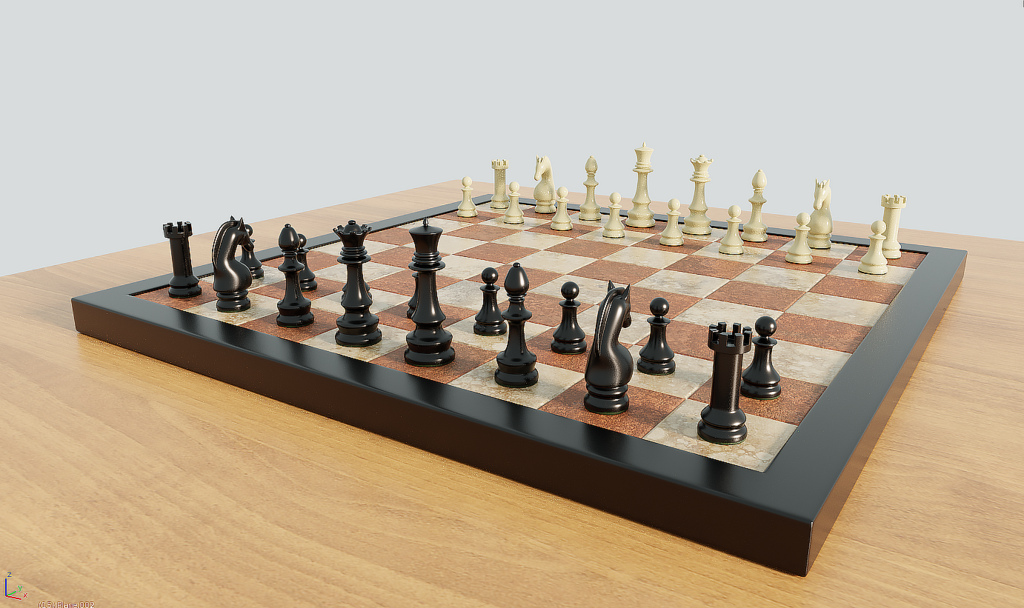 EMERGING TECH
EMERGING TECH
 EMERGING TECH
EMERGING TECH
 EMERGING TECH
EMERGING TECH
AlphaGo has come a long way since it became the first artificial intelligence to conquer the game of Go nearly two years ago, but creator DeepMind Technologies, Google LLC’s AI company, does not want AlphaGo to remain a one-trick pony.
It looks like it won’t be. DeepMind revealed in a newly published research paper Tuesday that the latest version of AlphaGo has quickly mastered the games of chess and shogi using an algorithm that could mark another major step forward in AI development.
AlphaGo is far from the first AI to take on chess, which was famously mastered by IBM Corp.’s Deep Blue in the 1990s. Chess and shogi are also relatively simple compared to Go, as both games have exponentially fewer board configurations.
The DeepMind team admitted in their research paper that chess is “the most widely studied domain in the history of artificial intelligence,” but they noted that previous chess-playing AIs required “a combination of sophisticated search techniques, domain-specific adaptations, and handcrafted evaluation functions that have been refined by human experts over several decades.” In other words, systems like Deep Blue needed to be built and taught by real people. In contrast, AlphaGo uses reinforcement learning to master a game by playing matches against itself over and over.
What makes DeepMind’s latest accomplishment is noteworthy is the fact that it conquered three games with very different rule sets using a single AI. AlphaGo Zero, the latest version of AlphaGo, began “tabula rasa” without any prior knowledge or understanding of Go, shogi or chess, but the AI managed to achieve “superhuman performance” in all three games with stunning speed. IBM spent more than 10 years perfecting Deep Blue before it successfully mastered chess. AlphaGo Zero did it in just 24 hours.
DeepMind’s work on AlphaGo Zero is about more than creating the world’s smartest board game player. The company’s ultimate goal is to develop generalized AI that can learn a wide variety of skills without requiring any hand tuning from programmers. Rather than developing AI for specific purposes, DeepMind wants an AI that could essentially do anything.
Support our mission to keep content open and free by engaging with theCUBE community. Join theCUBE’s Alumni Trust Network, where technology leaders connect, share intelligence and create opportunities.
Founded by tech visionaries John Furrier and Dave Vellante, SiliconANGLE Media has built a dynamic ecosystem of industry-leading digital media brands that reach 15+ million elite tech professionals. Our new proprietary theCUBE AI Video Cloud is breaking ground in audience interaction, leveraging theCUBEai.com neural network to help technology companies make data-driven decisions and stay at the forefront of industry conversations.